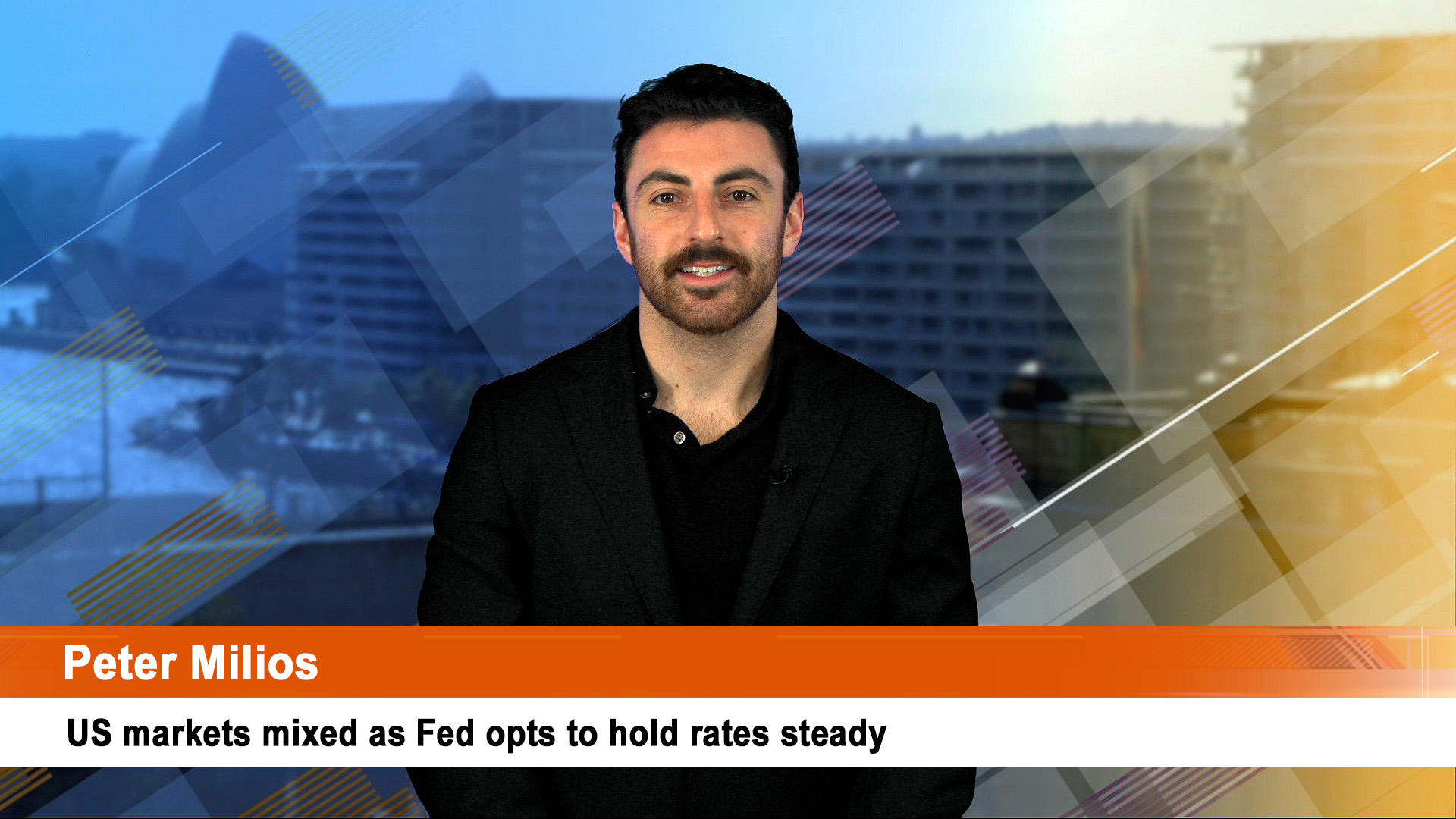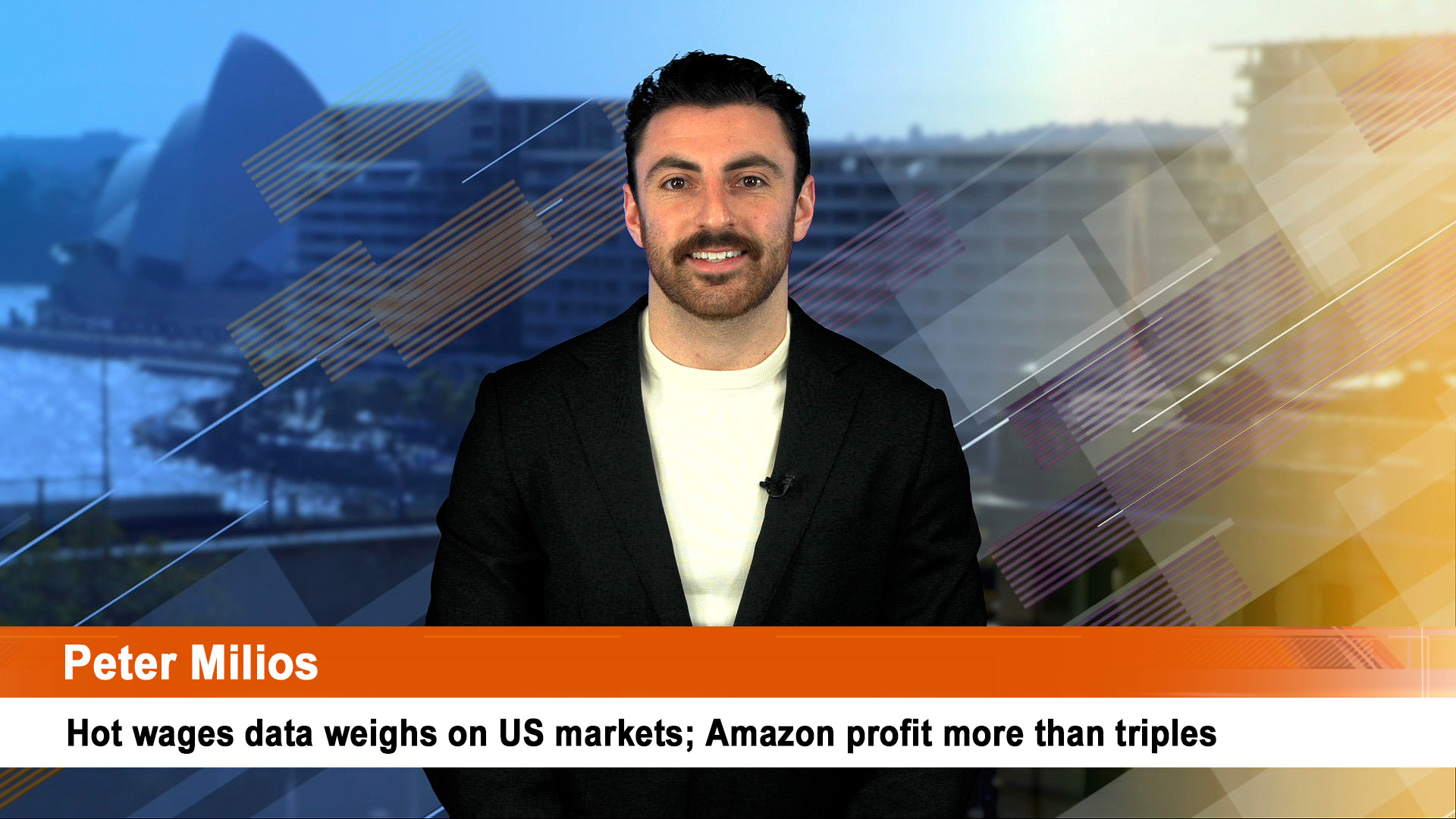Coles is finally out of direct selling of petrol, almost four years after rival Woolies bailed out of the business.
Coles will get around $300 million from selling its petrol stations and convenience stores to its long-term fuel supplier Viva Energy which will give the owners of the Shell name in Australia up to 710 Coles Express sites.
The retailer told the ASX on Wednesday it had entered into a binding agreement with Geelong-based Viva, which has been a long-term supplier for the supermarket’s fuel network.
Woolies exited its 540 sites in November, 2018 for $1.7 billion.
The sale will see Coles’ focus on its remaining supermarkets and liquor businesses.
In its announcement Coles made it clear the sale would not see consumers lose out on long-running discounts and loyalty benefits, with shoppers still able to use 4 cent-off per litre fuel dockets across Coles Express sites. Viva Energy will also remain part of Coles’ Flybuys loyalty program, meaning customers will still be able to accumulate points.
“Viva is well-placed to make the most of opportunities to grow the Express business into the future, while we will strengthen our focus on our omnichannel supermarket and liquor businesses and our ambition of becoming Australia’s most sustainable supermarket group,” Coles boss Steven Cain said in the statement.
Coles Express sites generated sales of $1.13 billion in 2022 and earnings of $42 million.
Coles will net $300 million in proceeds from the sale and the agreement will more importantly also remove $816 million worth of leases from its balance sheet, with the company set to hand these over to Viva when the transaction settles.
The sale will depend on approval from Australia’s competition watchdog, the ACCC and the foreign investment review board (FIRB).
The companies expect to complete the deal in the June half of next year.
The sale will release tens of millions of dollars in short-term working capital from Coles’ balance sheet which has risen as fuel prices surged this year.
There’s a couple of extra benefits for both companies.
For Viva, the deal makes it the major operator in the fuel convenience network – with more scale and the ability to expand deeper into retailing.
Viva has already given hints about its future plans to expand the fuel production and distribution business beyond just providing fuel infrastructure to provide for electric vehicles and hydrogen vehicle refuelling.
For Coles, there’s the lower working capital needs and the retailer gets out of part of the sector that have been through a difficult period during Covid lockdowns and this year’s surge in fuel prices after the Russian invasion of Ukraine.
And Coles will get a further benefit – the company will now have a far lower exposure to scope three emissions, thereby improving its ESG cred and attractiveness.













